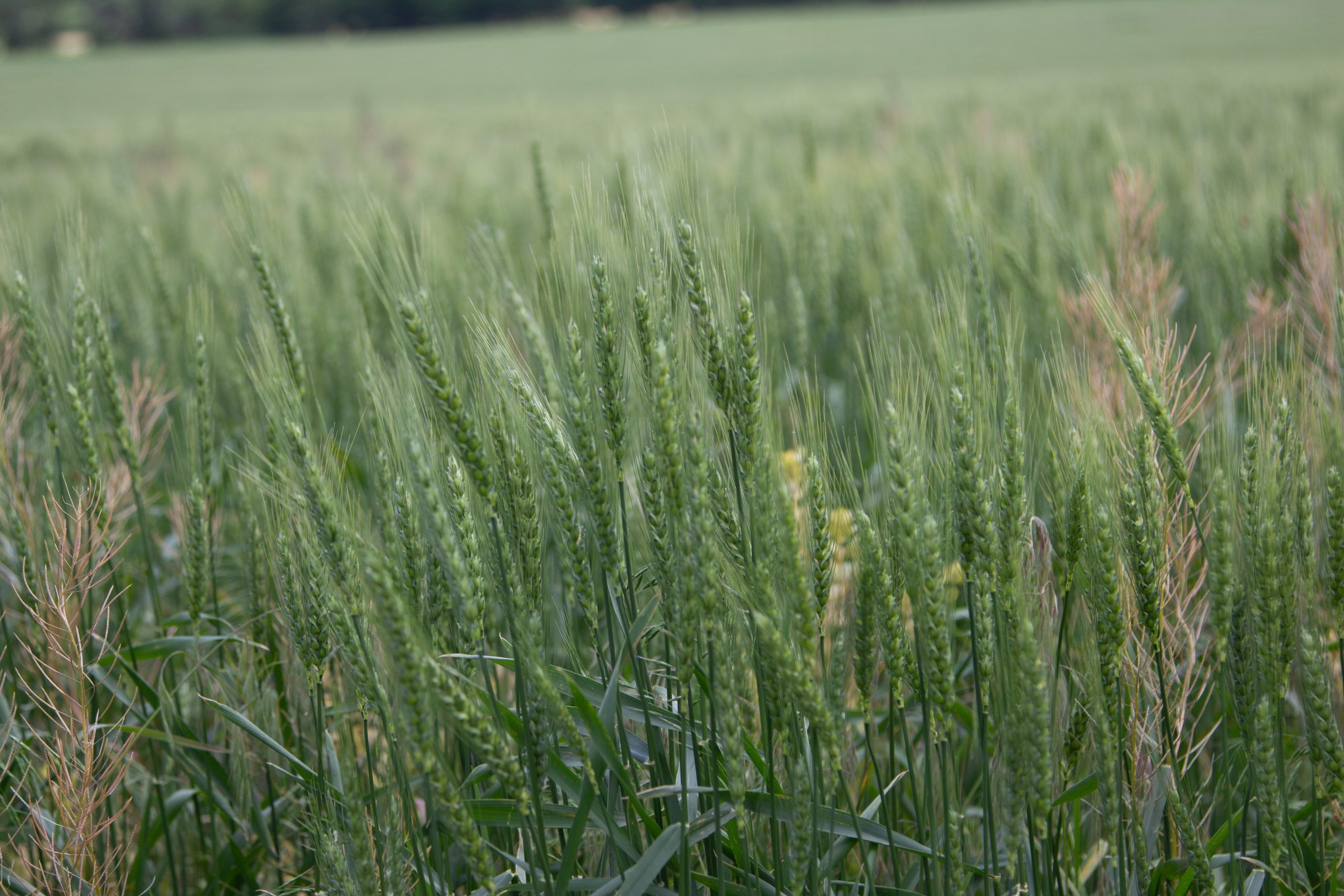The U.S. Department of Agriculture’s Animal and Plant Health Inspection Service recently reviewed several plants modified using genetic engineering to determine whether they posed an increased plant pest risk as relative to non-modified comparators. One of those was Bioceres Crop Solutions, an Argentina-based company, which has developed wheat with drought tolerance and herbicide resistance.
APHIS found the modified plant was unlikely to pose an increased plant pest risk compared to other cultivated plants. As a result, it is not subject to regulation under 7 CFR part 340. From a plant pest risk perspective, this modified plant may be safely grown and bred in the United States.
U.S. Wheat Associates applauds move
U.S. Wheat Associates commended the USDA for its thorough, science-based process, which was announced on Aug. 27. In a news release posted on its website, the farmer leaders of USW are confident that the HB4 trait has the potential to deliver significant producer and consumer benefits.
Although USDA’s ruling clears the regulatory pathway for cultivation of HB4 wheat in the U.S., there are several additional steps needed before those benefits are realized and HB4 is grown commercially in the U.S. These include the need to conduct closed-system field trials prior to commercialization. USW will continue monitoring Bioceres’ commercialization plans to ensure careful stewardship and alignment with the “Wheat Industry Principles for Biotechnology Commercialization” developed jointly with the National Association of Wheat Growers.
“Wherever wheat is grown in the world, drought takes its toll on yields and quality, so an innovation like HB4 holds a lot of interest for growers like me,” said Michael Peters, USW past chairman and Okarche, Oklahoma, wheat grower. “With global demand for wheat hitting new records almost every year, there is concern about variable production. A drought-tolerant trait offers more stable, sustainable production. At the same time, it is important that customers who have specific purchase preferences understand the industry supports their ability to purchase the type of wheat they want. That remains our policy after more than 16 years.”
NAWG applauds move, too
In line with the principles for commercialization, USW and NAWG support for HB4 and any transgenic wheat commercialization is linked to the technology company receiving regulatory approval in major importing countries that represent at least 5% of average U.S. wheat export volume.
In addition to the U.S. Food and Drug Administration accepting the safety of the HB4 trait in 2022, Bioceres has received regulatory approval for food and feed use in Nigeria, Brazil, Colombia, Indonesia and South Africa, and has applied for approval in several other countries. Farmers are currently growing wheat with the HB4 trait in Argentina and Brazil. Bioceres also plans field trials in Australia with the intent to gain regulatory approval for cultivation there.
“Our organization has established a productive dialogue with Bioceres, and we appreciate that the company understands the importance of our joint wheat industry principles,” said USW Director of Trade Policy Peter Laudeman. “I have travelled with growers to Argentina to see HB4 wheat in the field, and they were impressed by its performance. We believe the trait represents good science with positive potential to improve food security in a more sustainable way.”
NAWG: Decision was science-based
NAWG said in a release that it was thankful for the USDA’s decision to provide a robust, science-based process that affords a pathway for the cultivation of the HB4 trait, which has the potential to benefit both farmers and consumers. Access to drought-tolerant wheat like HB4 could help with global supply challenges and further enhance the sustainability of wheat by using less water and other inputs.
“As a wheat grower who has experienced drought firsthand, it is exciting to see a regulatory pathway where drought-tolerant wheat might be available to producers in the future,” said Oklahoma wheat farmer and NAWG President Keeff Felty. “Over the past few years, wheat producers across the major wheat producing regions have had to grapple with intense drought, and continued innovations like HB4 can be a tool that helps growers protect and stabilize their yields.”



